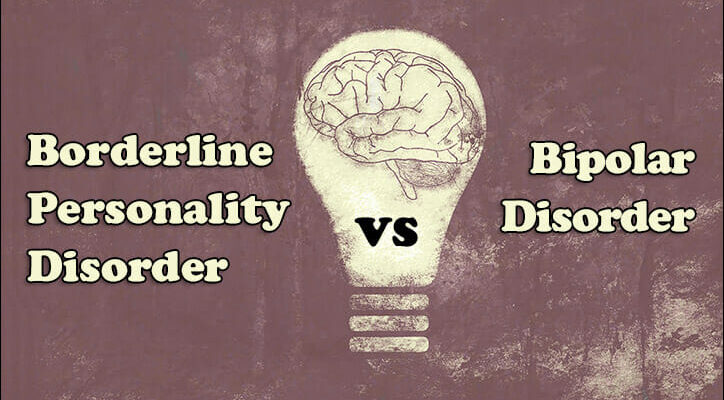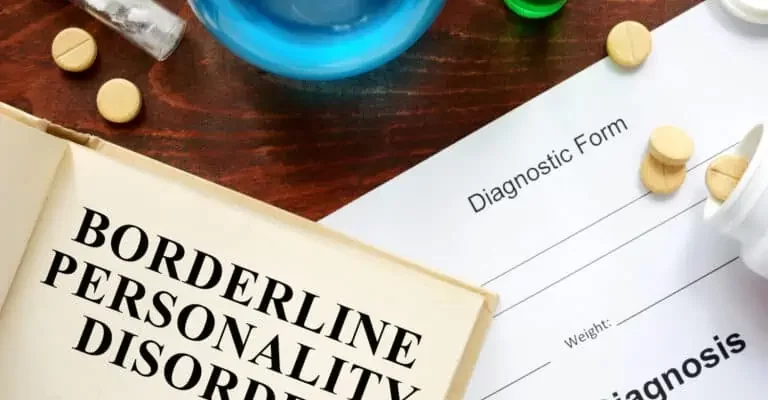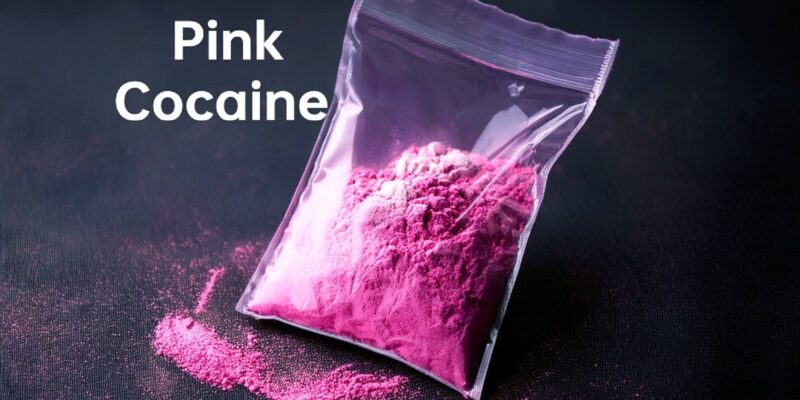
Borderline Personality Disorder vs. Bipolar Affective Disorder
Understanding the distinctions between Borderline Personality Disorder and Bipolar Affective Disorder can significantly enhance treatment outcomes. While they share certain symptoms, their underlying causes, mood patterns, and treatment approaches differ. Early intervention and comprehensive care can help individuals manage these conditions effectively. For more information, visit Live Again India and explore resources on mental health and emotional well-being.

Alcohol Relapse: Learn How to Say NO This Festive Season
The festive season is about connection, joy, and gratitude – not alcohol. By learning how to say NO and sticking to your recovery plan, you can fully embrace the New Year with clarity and pride. Stay true to your goals, lean on your support system, and remember that maintaining sobriety is the greatest gift you can give yourself.
Best wishes.
L@A

Cannabis-Induced Psychosis and Treatment
Cannabis-induced psychosis (CIP) is a mental health condition triggered by the use of cannabis, especially high-THC strains. This condition is characterized with psychotic symptoms such as hallucinations, delusions and paranoia creates “disconnect” the individual from reality. While not everyone who uses cannabis develops psychosis, but certain factors can increase vulnerability like genetics or co-morbid mental health condition.

Cannabis amotivational syndrome and treatment
Motivation is the spark that ignites the fire of success, guides us through challenges and inspires us for growth. Without it, our dreams will fade into frustration, and our potential remains unrealized. However, cannabis misuse can dim our motivation and purpose with apathy and turn our ambition into stagnation. Cannabis amotivational syndrome is a serious mental health condition and it is linked to prolonged use of cannabis.

Borderline Personality Disorder Treatment
Understanding Borderline Personality Disorder Symptoms and Treatment. DBT’s structured approach equips individuals with lifelong tools to manage emotions, improve relationships, and build a more fulfilling life.

Alcohol-Relapse-Guilt and Recovery Counseling
In the process of recovery, lapses and relapses are often misunderstood by peoples. Lapse refers to a short period of consumption, a slip, where an individual can attempt consuming alcohol for short time but it will not sustain for long time, it remains for short time period and follow by abstinence again. But relapse suggests involvement in a return to old pattern of consumption behavior, where consumption persists for long time and affects daily life.

Pink Cocaine Effects on Health
Pink cocaine produces a range of effects, both immediate and long-term. The consequences intensify with prolonged use, akin to being trapped in a black hole where risks multiply.

Relationship and importance of communication: Assertiveness
Assertive communication can bring fresh life into old relationships by creating a foundation of openness, understanding, and mutual respect.

Post-Menopausal-Depression : Women’s Mental Health Counseling
Women experiencing post-menopausal depression often feel a deep and pervasive sadness that linger for weeks. It’s not just a bad day; it’s a profound sense of melancholy that overshadows every activity and interaction, often leave a women feeling detached from life.

Habit of procrastination and life challenges
Avoidance and procrastination are common responses to life’s challenges, where individuals delay or sidestep actions that might involve stress, fear, or discomfort. This behavior often stems from the desire to avoid pain or anxiety associated with difficult tasks or decisions. By putting things off or ignoring problems, people seek temporary relief from negative emotions. However, avoidance and procrastination seldom lead to lasting solutions and can limit personal growth and self-confidence, leading to a cycle of missed opportunities.
L@A
